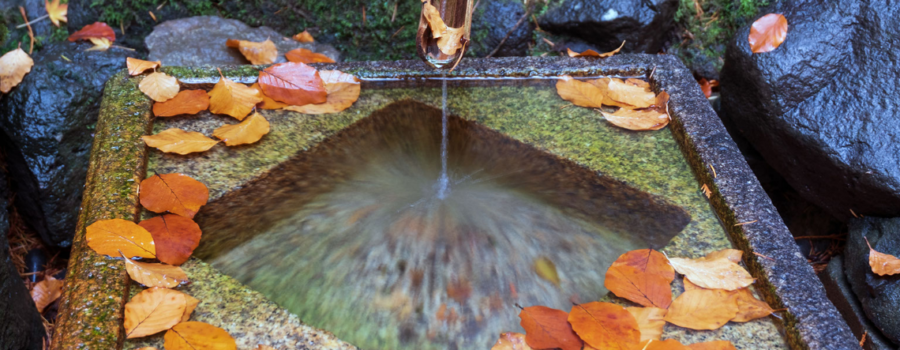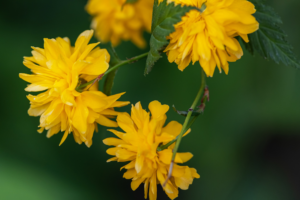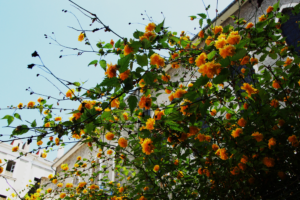My beloved mindfulness-meditation teacher, David Nichtern – an Emmy award winning composer and senior teacher – likes to remind his students that mindfulness is not a trance state; rather our present-moment attention is focused on our breath, to which we gently return every time we find ourselves thinking again. In fact, we use the word “thinking”, silently, as a label that cues us to return to the breath again and again and again.
As David and his dharma sister Pema Chodron (and others) have taught us, returning to the breath each time we catch ourselves thinking is where the power of meditation lies. We are not in a trance, and it isn’t about trying not to have thoughts; it’s about gently redirecting mind, over and over and over again, as a form of mind-training, or “taking our mind to the gym” as David sometimes calls it. Over time, being a non-judgmental watcher and redirector of our thoughts during meditation then becomes more standard “off the cushion” in our daily lives as well.
Eventually, practicing from this level of non-judgmental awareness (mindfulness), we become less attached to our thoughts and more inquisitive about them, their origins, and their helpfulness or lack thereof. In fact, we cannot believe all of our thoughts, generated by our unwieldy brain machinations, as they are not truths. But let’s stop here, and come back to the notion of trance.
Another beloved Buddhist teacher and author – and a psychologist – Tara Brach, likens our minds ruminations of harsh judgment and fearfulness to a trance state. Meaning not only is present moment mindfulness or meditation not a trance state, it is the very opposite of a trance state. Her assertion is that mindfulness (or “presence” as she calls it) and meditation are the antidote to this trance state of judgement and fearfulness that binds us to our suffering (“dukkha” in Pali).
I am very grateful for the insight we have received from these wonderful teachers of mindfulness and meditation. The notion rings very true for me personally, no matter what labels are used. With certainty, we can all benefit from making self-compassion and mindfulness-meditation a part of our daily lives. Be well.





